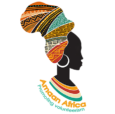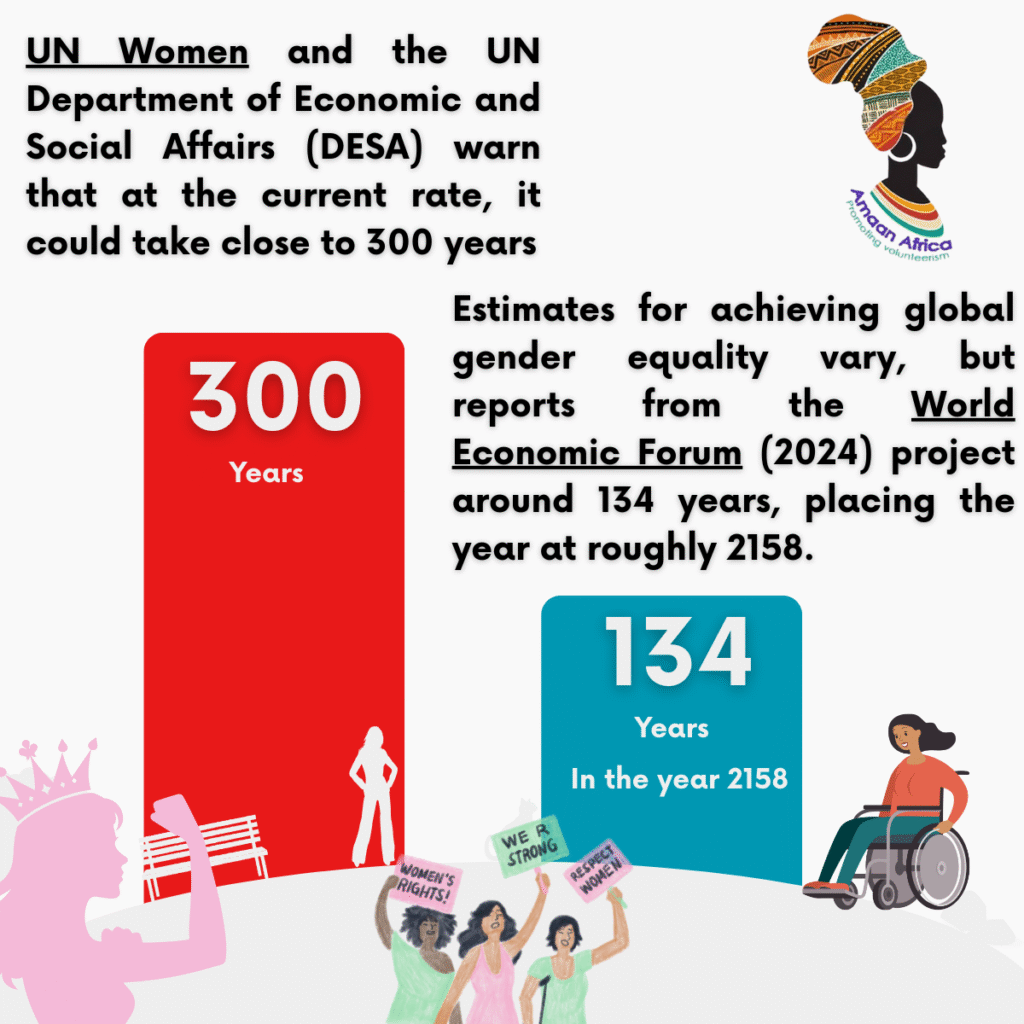
Gender-Based Violence (GBV) refers to harmful acts directed at an individual based on their gender. It is rooted in gender inequality, power abuse, and harmful norms. GBV manifests in various forms, including physical, sexual, emotional, and economic abuse. It affects women and girls disproportionately, although men and boys can also be victims. GBV can occur in private or public spaces and includes domestic violence, sexual violence, trafficking, and harmful practices like female genital mutilation and child marriage.
Our BIGGEST QUESTION is, WHAT are you doing to end GBV? You must not open an NGO, at your workplace do you treat women fairly? At home do you still discriminate between the boys and girls? In your religion do you still refuse women to hold some positions? At school do you teach equality to your students? As a husband do you think your wife has nothing to offer? As a wife do you think your husband has nothing to offer? In politics do you appoint women into power? Until we commit to all these and take personal decisions to stop GBV, even in 300 years it will not be achieved.
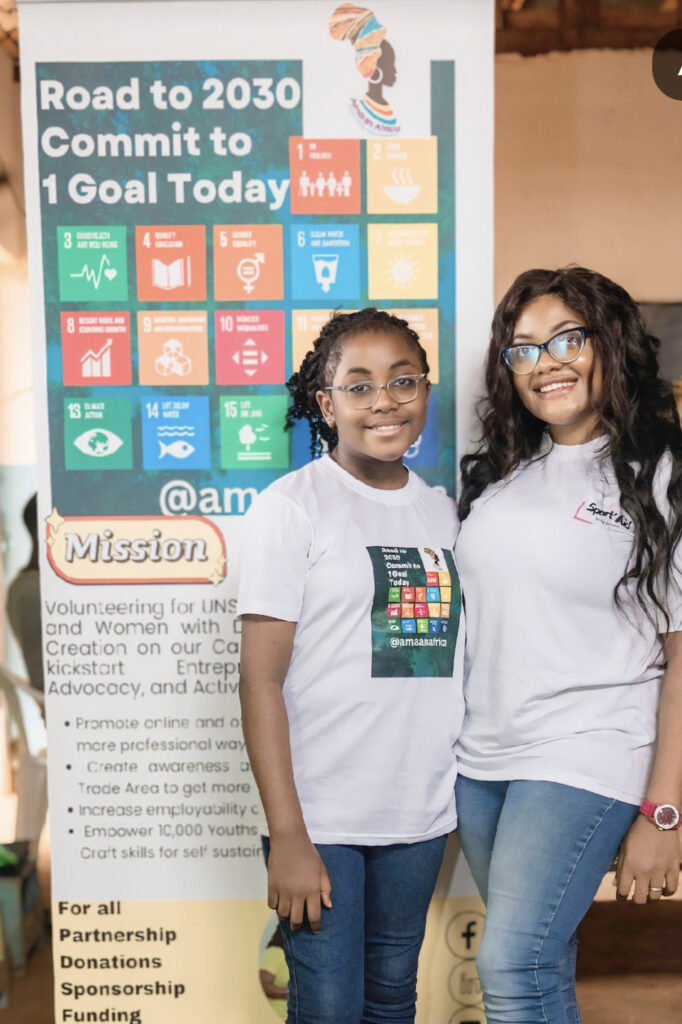
Gender Equality is the state in which access to rights or opportunities is unaffected by gender. It involves ensuring that different behaviors, aspirations, and needs of women and men are considered, valued, and favored equally. Gender equality is not only a fundamental human right but a necessary foundation for a peaceful, prosperous, and sustainable world. It aims to empower all individuals, regardless of gender, to reach their full potential.
Estimates for achieving global gender equality vary, but reports from the World Economic Forum (2024) project around 134 years, placing the year at roughly 2158. Conversely, UN Women and the UN Department of Economic and Social Affairs (DESA) warn that at the current rate, it could take close to 300 years
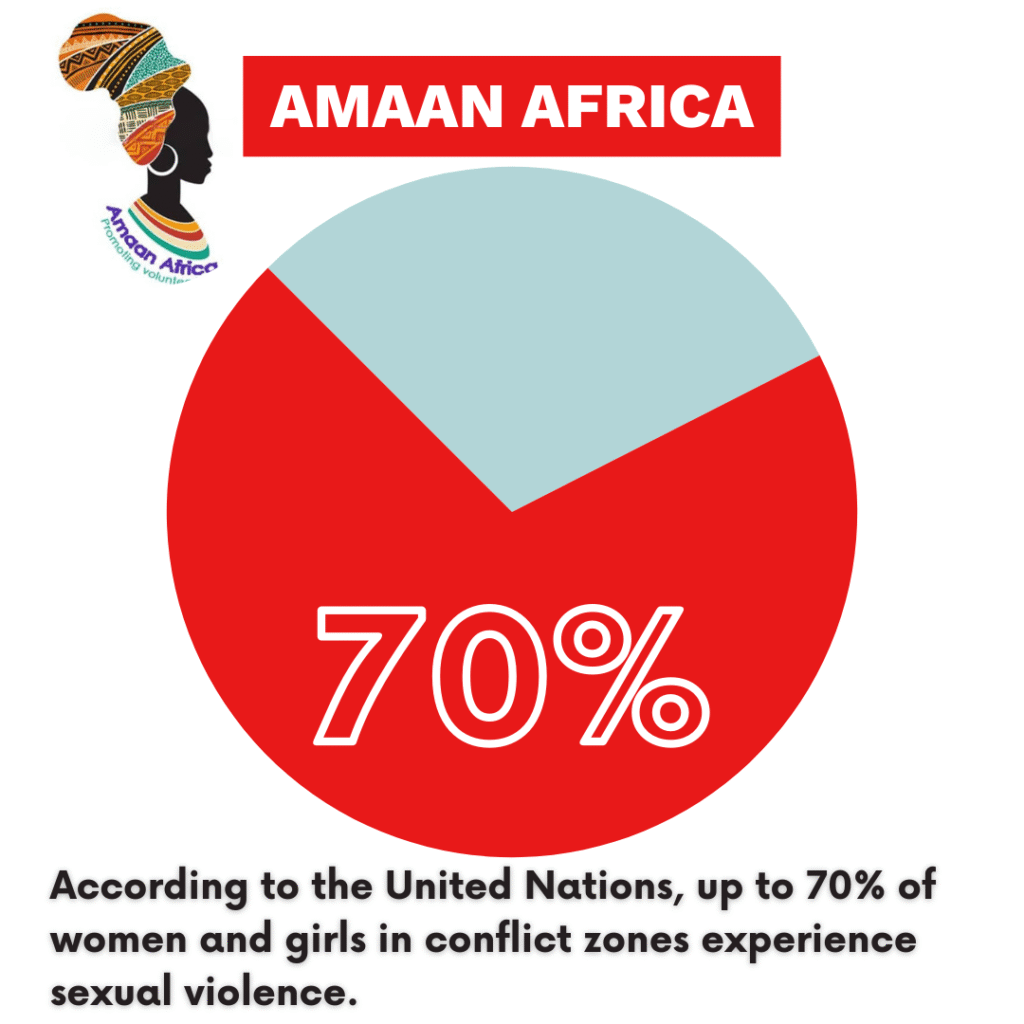
Sexual and Reproductive Health and Rights (SRHR) refer to the concept that all individuals have the right to make decisions concerning their sexual activity and reproduction free from discrimination, coercion, and violence. SRHR encompasses access to sexual and reproductive health services, including family planning, maternal health care, and education about sexual health. It supports the right of individuals to make informed choices about their reproductive lives.
Advocating for GBV in conflict zones is crucial due to the exacerbated risks and vulnerabilities that arise in such environments. Conflicts often lead to a breakdown of social structures and legal systems, increasing the prevalence of GBV. Up to 70% of women and girls in conflict zones experience sexual violence, often with little or no support due to stigma, fear, or lack of resources.
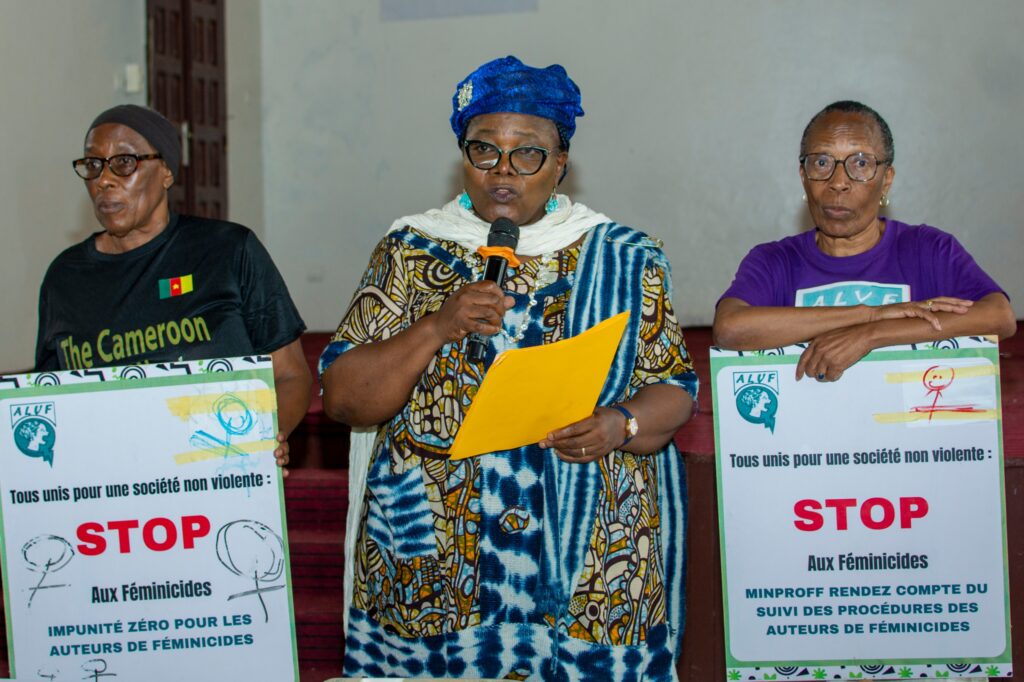
Sustainable Development Goal 5 (SDG 5) aims to achieve gender equality and empower all women and girls. This goal is integral to the 2030 Agenda for Sustainable Development and includes targets like ending all forms of discrimination and violence against women and girls, recognizing and valuing unpaid care and domestic work, ensuring universal access to SRHR, and promoting empowerment through technology and policy frameworks. Partnership for the Goals (SDG17) is the only way forward achieving this , that is why our Founder Ashu Ayem Maureen Akorsong volunteered at the Registration desk during “The Cameroon we Want” conference at Elig-essono Yaoundé, Cameroon organized by Stand Up Cameroon founded by Mme Kah Walla in partnership with ALVF (Association de Lutte Contre les Violences Faites aux Femmes).
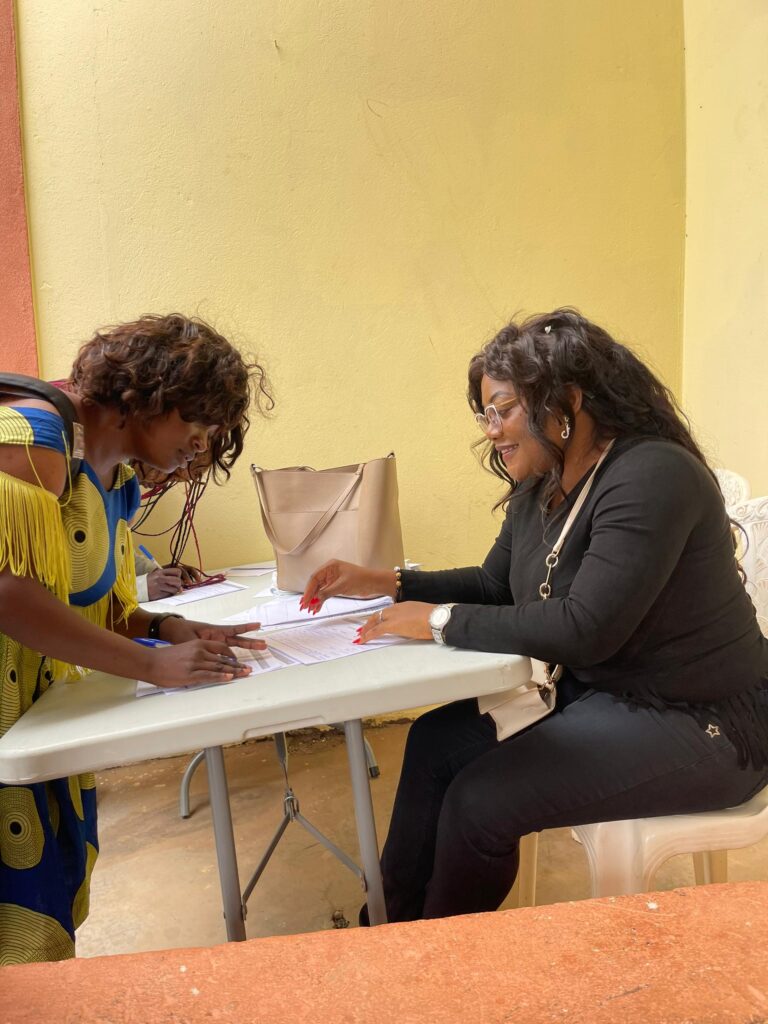
In commemoration of Pan African Women’s day, Stand Up Cameroon in partnership with ALVF held a series of consultation meetings with women all over the National territory to come up with a Declaration for Cameroon women. These Declarations will be a blueprint of “The Cameroon We Want” from the voices of +500 women leaders who participated during this event. A Declaration for women by women of what a sustainable Cameroon should look like. Action plans were drafted , adoption, signing of the declaration and a non violent Advocacy Strategy was adopted by women dressing in black ‘the Cameroon we want ‘ tshirts on Fridays to create awareness about these declarations.
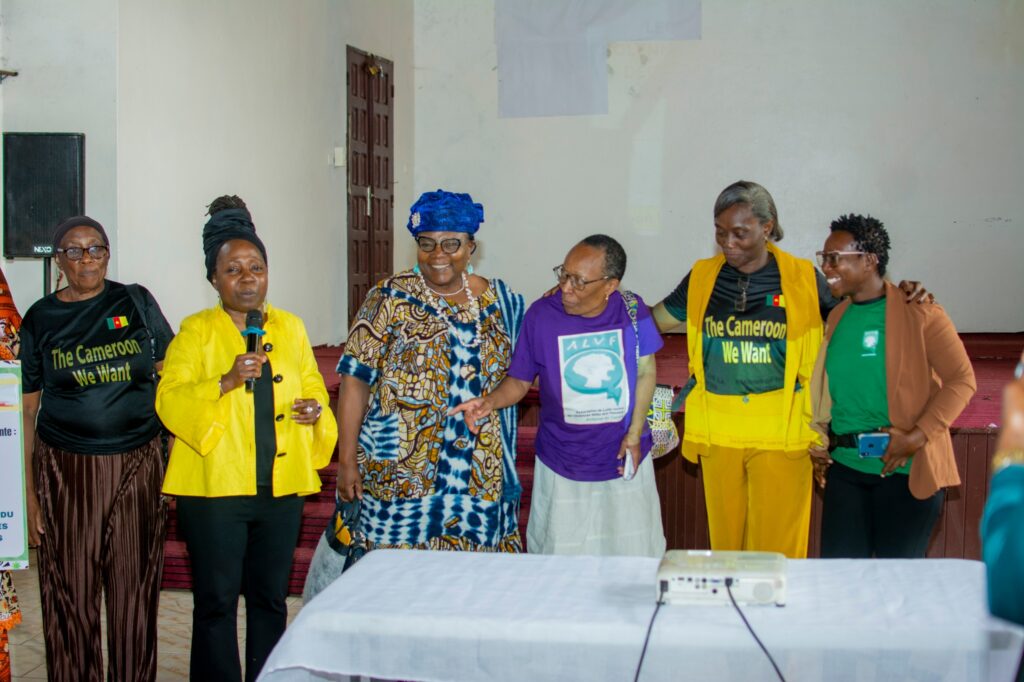
Every act of awareness, every voice raised against injustice, and every effort to support survivors brings us closer to a world where conflict no longer breeds violence of this nature. Change begins with us—through compassion, solidarity, and unwavering resolve.
According to UN WOMEN, the biggest hurdles for women’s equality by 2030 are as follows:
- Lack of women in leadership
- Poverty and lack of economic opportunities
- Workplace discrimination and inequalities
- An imbalance in unpaid care work
- Social norms and cultural practices
- Inadequate access to education and health care
- Violence against women and girls
- Inadequate funding for gender equality initiatives
- Legal barriers and poorly enforced legislation
- Food insecurity
- Lack of access to clean energy and sanitation
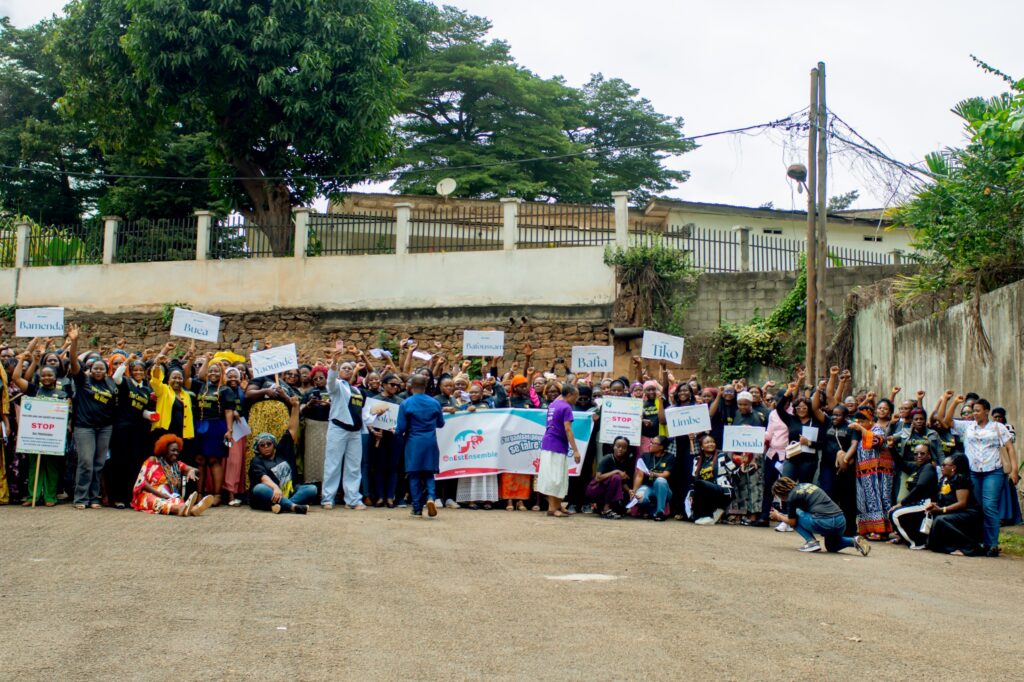
According to the UNITED NATIONS , based on current trends, achieving gender equality will take centuries. It will take an estimated 286 years to eliminate discriminatory laws and ensure legal protection, and 140 years for women to reach equal leadership positions in the workplace. Furthermore, it will take at least 40 years for women to achieve equal representation in national parliaments. The goal of eradicating child marriage by 2030 requires progress 17 times faster than that of the last decade, with girls in impoverished rural households and conflict zones facing the greatest risk.
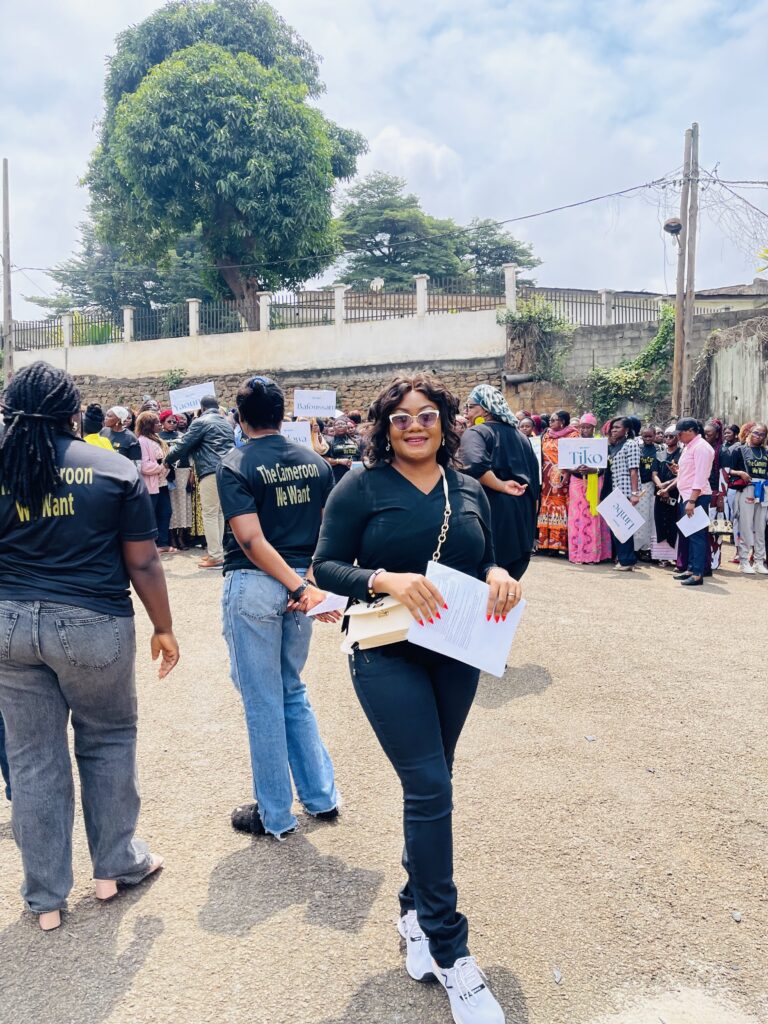
Inspiring Change: What Can We Do?
While the challenges are vast, each of us has a role to play in creating a safer, more equitable world:
– Advocate: Support policies and initiatives that prioritize the protection of vulnerable populations in conflict zones. Engage with organizations like UN Women, Amnesty International, and others working on the ground.
– Educate: Raise awareness about the prevalence and impact of sexual violence in conflicts through conversations, social media, and community programs.
– Support Survivors: Volunteer, donate, or partner with organizations dedicated to providing medical care, psychological support, and legal aid to survivors.
– Hold Perpetrators Accountable: Demand justice and accountability for crimes committed, ensuring that perpetrators face consequences through judicial processes.
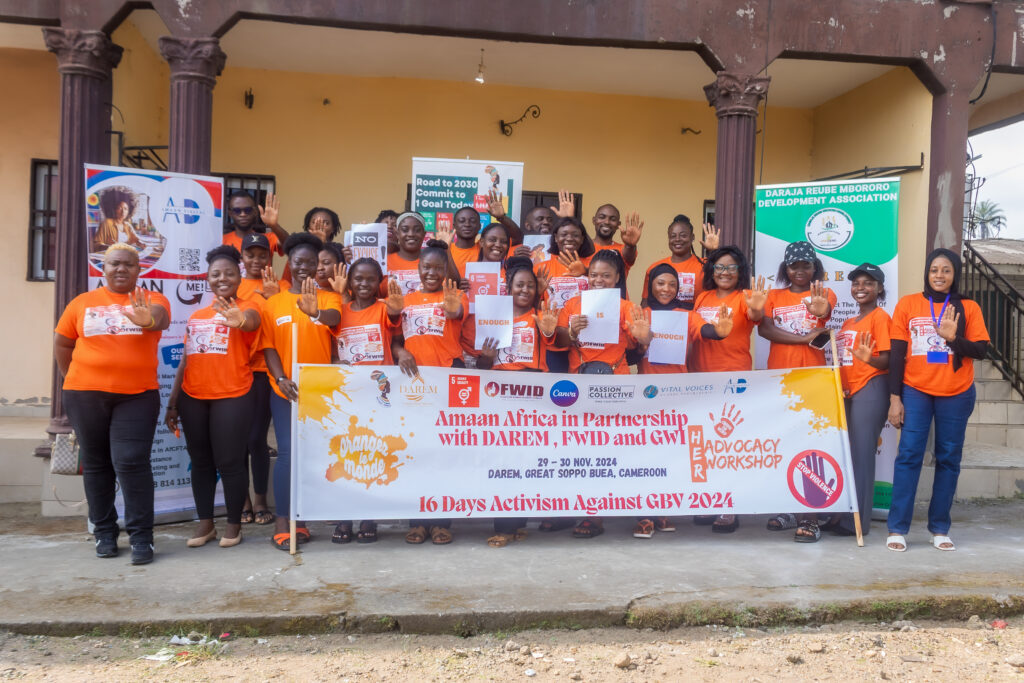
Amaan Africa joins voices with the UN Women to Orange the world #UNiTEcampaign and Advocate for Zero Tolerance to GBV as the only solution to build strong and resilient communities through our 5 pillars which are;
1- Identify
2- Protect
3- Safety
4- Support and
5- Sustain.
When we speak with women who are victims of rape, GBV and other forms of abuse in the conflict zones, we really wish we can help every case on our desk. Some of these women got pregnant and now have children they can not feed and do not even know their fathers. The trauma and healing process requires a lot of resources we are open to partner with organizations for them to receive the support they need to move forward. The victims who have received start up capital for their businesses and Psychosocial support are making amazing progress.
Are you a victim? do you know any victim?
Fill the google form and report the case NOW below https://docs.google.com/forms/d/e/1FAIpQLSfeHRLWj6WGopq0xrB0qIIESX09w4hkRjRdkSnSNd2VQnr9jA/viewform?usp=sf_link
We are is committed to impacting 10,000 lives by 2030 Donate today or HIRE a service at Amaan Digital to enable us raise funds for our projects, Follow this link to view our catalog on WhatsApp: https://wa.me/c/237678814113

Join us in achieving the Sustainable Development Goals.
Many ways to DONATE
PayPal: amaan.digitaltlc@gmail.com
MTN Mobile Money Name: ASHU AYEM EPSE NKUMBE MAUREEN AKORSONG
Number: +237 675 544 686
UBA Bank Transfer Bank: United Bank for Africa (UBA)
Account: Amaan Africa Association
SWIFT Code: UNAFCMCX
Account Number: CM21 10033 05208 08031000132 70
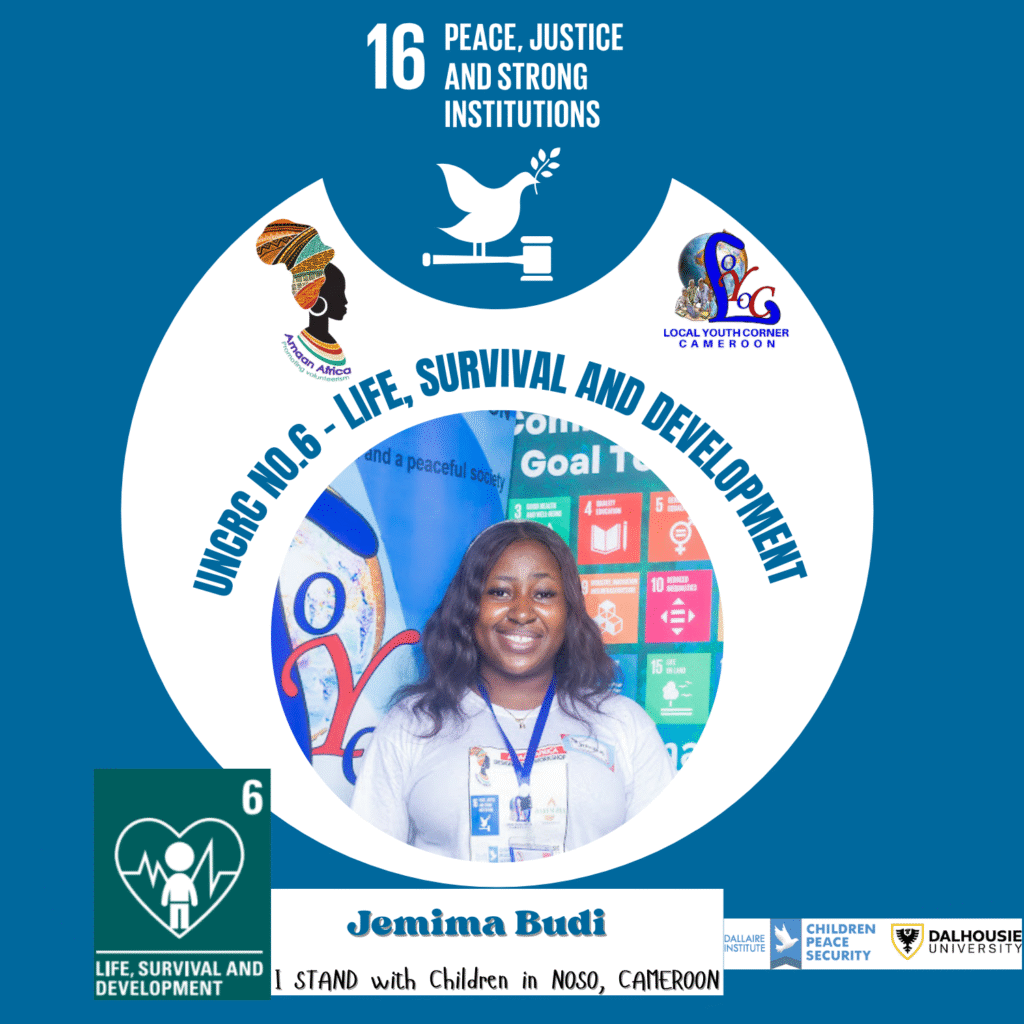
Written by Jemima Budi
GBV Officer/Child Protection Advocate
Amaan Africa Cameroon
